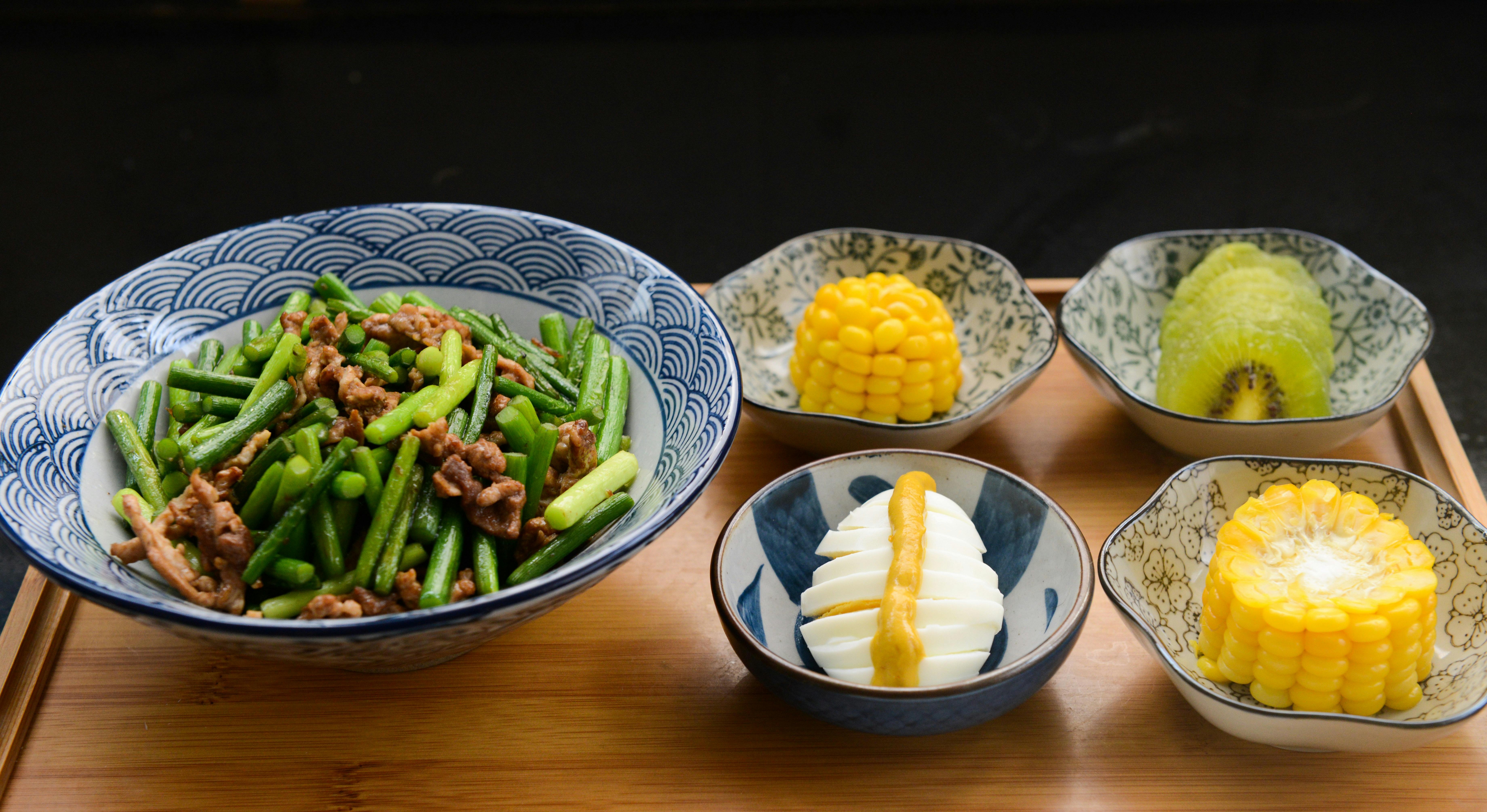Treat Your Post-Cholecystectomy Hemorrhoids With Probiotics
Do you suffer from chronic hemorrhoids after cholecystectomy (removal of the gallbladder)? You might be interested in learning about a type of bacteria that can help your entire digestive system recover smoothly and naturally. It can relieve the pain and itching of hemorrhoids by improving the bacterial balance in the intestine.
Post-cholecystectomy syndrome, which is estimated to occur in up to one in eight cholecystectomy patients, can occur for some time after surgery because the gallbladder is no longer there to regulate the release of bile from the liver into the intestines.
In people with post-cholecystectomy syndrome, bile floods the digestive tract, usually after a high-fat meal. This bile intensely irritates the intestinal lining, making it unable to absorb water normally, leading to diarrhea. The type of diarrhea that people with post-cholecystectomy syndrome experience is usually very sudden and of high intensity. People report that they can’t get to the bathroom in time.
Diarrhea of this type is known to cause trauma to sensitive anal tissues, causing fissures and injuring veins.
Sometimes switching to a low-fat diet and eliminating obvious irritants, such as spices or coffee, works well for people with cholecystectomy-related digestive problems.
Others may find relief with prescription drugs designed to bind fat molecules together and allow them to pass undigested. These pharmaceuticals have well-documented negative side effects, including leaking and swelling, dizziness, and headaches.
Fortunately, there are natural remedies for diarrhea that help improve digestion and stop the flow. The class of bacteria known as probiotics includes Lactobacillus acidophilus (lactic acid bacteria), Saccharomyces boulardii, Bifidobacterium longum, and yeast. These bacteria are normally present in the human digestive system, but are susceptible to being overwhelmed by infectious bacteria such as Clostridium difficile. This can occur in people taking antibiotics and in those recovering from a viral or bacterial upset stomach. Symptoms of harmful bacteria overgrowth can range from stomach aches to life-threatening intestinal infections.
Not all probiotic strains are created equal: some, such as S. boulardii, are particularly effective against diarrhea caused by C. difficile or antibiotic use, while Lactobacillus rhamnosus GG has shown the ability to reduce the severity and duration of diarrhea caused by viruses.
When the right probiotics are added to the diet of people with post-cholecystectomy syndrome, the irritating effects of “bad” bacteria are reduced, the intestines can reabsorb water, and hemorrhoids caused by diarrhea can begin to heal.



Recent Comments